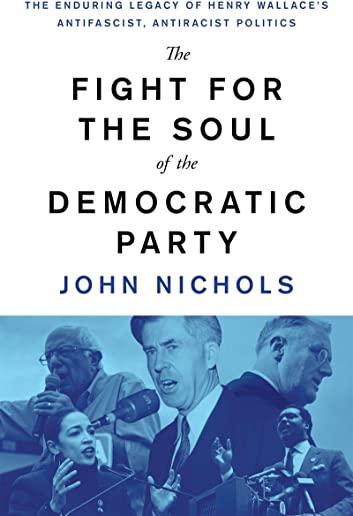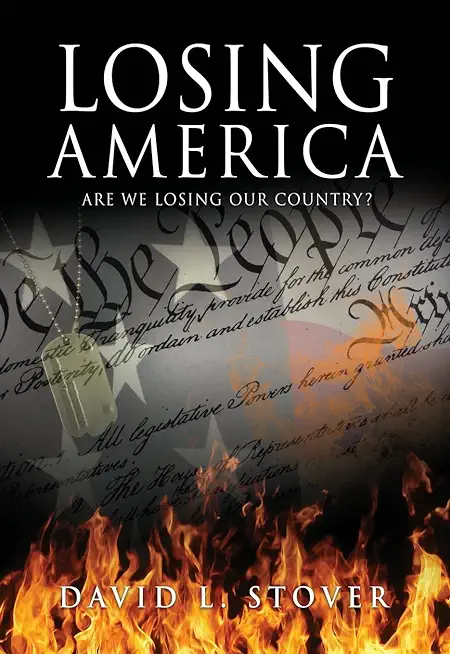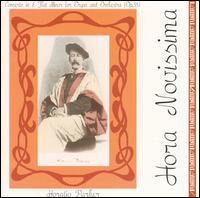
Nichols, John
product information
description
5Fighting fascism at home and abroad begins with the consolidation of a progressive politics Seventy-five years ago, Henry Wallace, then the sitting Vice President of the United States, mounted a campaign to warn about the persisting Danger of American Fascism. As fighting in the European and Japanese theaters drew to a close, Wallace warned that the country may win the war and lose the piece; that the fascist threat that the U.S. was battling abroad had a terrifying domestic variant, growing rapidly in power: wealthy corporatists and their allies in the media. Wallace warned that if the New Deal project was not renewed and expanded in the post-war era, American fascists would use fear mongering, xenophonbia, and racism to regain the economic and political power that they lost. He championed an alternative, progressive vision of a post-war world-an alternative to triumphalist American Century vision then rising--in which the United States rejected colonialism and imperialism. Wallace's political vision - as well as his standing in the Democratic Party - were quickly sidelined. In the decades to come, other progressive forces would mount similar campaigns: George McGovern and Jesse Jackson more prominently. As John Nichols chronicles in this book, they ultimately failed - a warning to would-be reformers today - but their successive efforts provide us with insights into the nature of the Democratic Party, and a strategic script for the likes of Bernie Sanders and Alexandria Ocasio-Cortez.
member goods
No member items were found under this heading.
Return Policy
All sales are final
Shipping
No special shipping considerations available.
Shipping fees determined at checkout.







